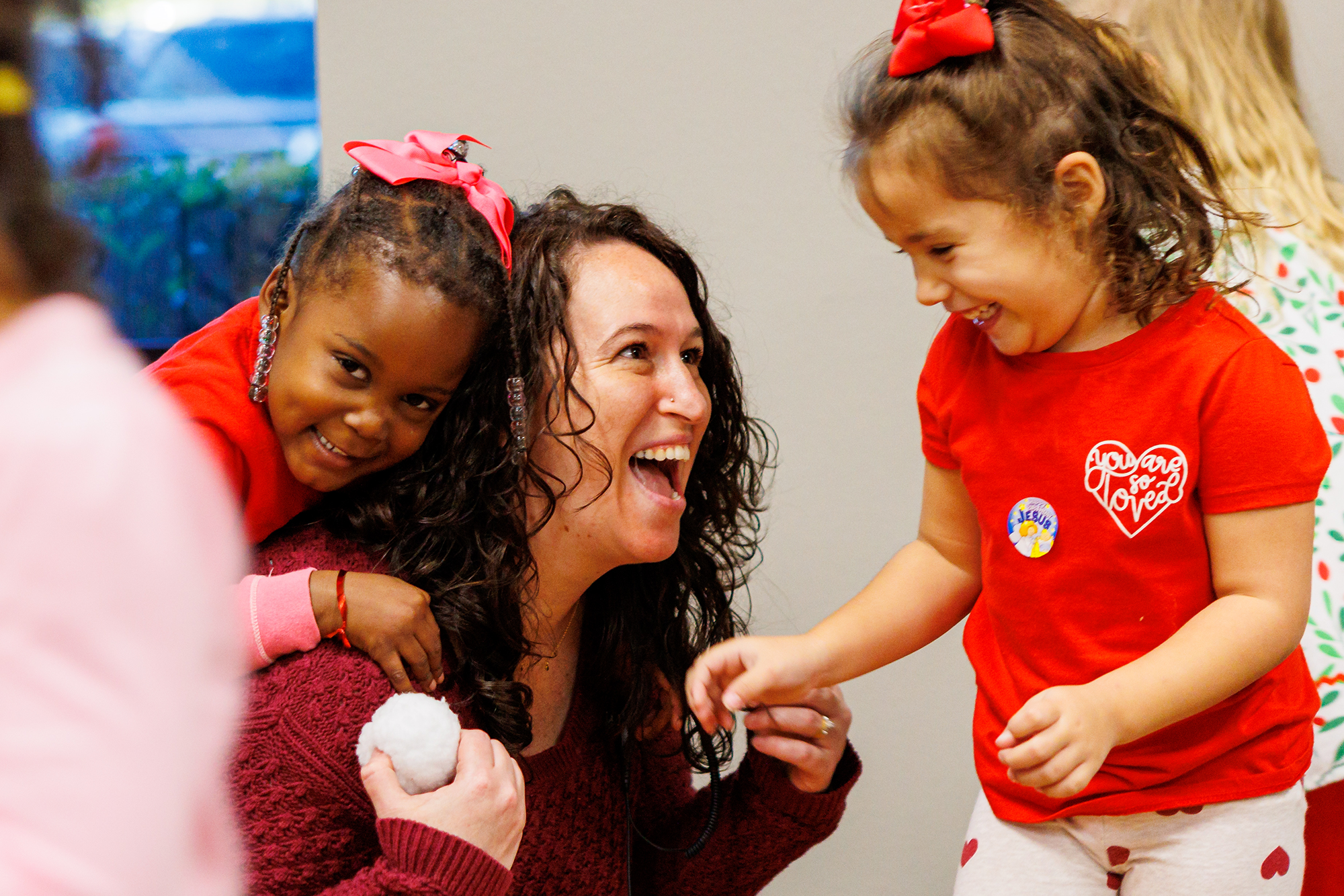The YouTube video almost made me sick.
I was watching Felix Bumgardner set what, at the time, was the highest skydive in history. A balloon carried him 24 miles into the stratosphere where he stepped out of his capsule in a pressurized suit, looked around where earth’s blue atmosphere merged with space, and jumped. In his four-minute free-fall, he reached a speed of 843 miles an hour, breaking the speed of sound.
Your Personal Risk Profile
Half of you reading this right now are almost sick too, and the other half have already Googled the video and want to do it. And that’s because we relate to risk differently. Some of us naturally value stability. Change feels unsafe, even when the status quo isn’t ideal. If you’re the more impulsive type, you might think stability is boring. You’ve got to constantly be mixing it up.
Regardless of how you relate to risk, I think we all know what it’s like to feel stuck. Maybe you’ve been stuck in a job to pay the bills at a company with an unhealthy culture. Maybe you’re stuck wondering whether or not to ask her to marry you. As much as you want to move forward, fear keeps you from taking the step. Maybe there’s something you know you need to do in your personal or family life, but it feels safer to leave things unsaid than to just go ahead and say it. Maybe there’s a dream God has put on your heart – to start something new, to foster, to move, to sacrifice income to serve – but making it a reality would introduce discomfort into your life. Where are you stuck now?
Risky Ruth?
One of the reasons I love Ruth is it’s a story about ordinary people. Most narratives in the Old Testament are about big events and important people – kings, politicians, and prophets who left a permanent mark on world history. But Ruth is about everyday people struggling to honor God and manage unexpected twists in life.
I’ve always read Ruth primarily as a love story between Ruth and Boaz, who through his marriage to Ruth redeemed a foreigner and her widowed mother-in-law from hardship and poverty. But this love story didn’t happen in a vacuum. It began with a risk.
In chapter 1, we learn that Naomi’s husband died along with her two sons, one of whom was married to Ruth. As Naomi prepares to return to her hometown, she encourages both her daughters in law to stay in the land of Moab and marry someone else. Ruth’s sister-in-law tearfully returns. She knew committing to life with Noami meant living in shared poverty as widows.
But in an act of love and boldness, Ruth takes a risk. She tells Naomi, “Where you go I will go, and where you lodge I will lodge. Your people shall be my people, and your God my God. Where you die I will die, and there will I be buried. May the Lord do so to me and more also if anything but death parts me from you” (Ruth 1:16-17).
We can speculate that Ruth’s life was forever changed by her relationship with Naomi’s family. Through them she became a worshipper of the One True God. And even in the face of tragedy, there was no turning back. Facing an uncertain future, she took a risk, but it was a risk based in loyalty – loyalty to her life’s most important commitments.
When Should I Take a Risk?
Most of us avoid risks (or regret them later) because of the uncertainty of the outcome. Taking a risk inherently involves releasing control (or realizing we were never in control). But Ruth demonstrates a way we can take risks with more certainty. Anyone who has made and stuck with a serious commitment over the long haul can tell you that in the long run, commitments actually increase life’s stability. Risks based on commitments to the right things pay off in the long run.
The risks we see Ruth taking throughout her story were based on her commitment to God, her commitment to Naomi, and her commitment to following God’s plan for her life, despite uncertainty. The word love doesn’t appear until the end of the last chapter, but we’re told that Ruth loved Naomi and through her love, became better than seven sons.
The risks we take and the things we commit to are ultimately a reflection of what we love – what is most important to us. Are you struggling with a decision right now? Is there a risk you know you need to take, but fear is holding you back? Maybe you’re considering taking a risk but are questioning whether it’s the wisest decision for your life. What will your decision commit you to longer-term? Is that commitment a reflection of your life’s most important priorities? Does it reflect your life’s ultimate commitment as a follower of Jesus? How could your decision potentially bless your family or friends or those people you have committed your life to?
When our risks and decisions are based on commitments to the right things, we don’t need to fear outcomes. God is sovereign over all creation, and through Christ, our lives are securely hidden in Him (Colossians 3:3).
To learn more about the book of Ruth, join us for Finding Hope, a 7-week series at Grace. Already part of Grace? Take your next step here.





